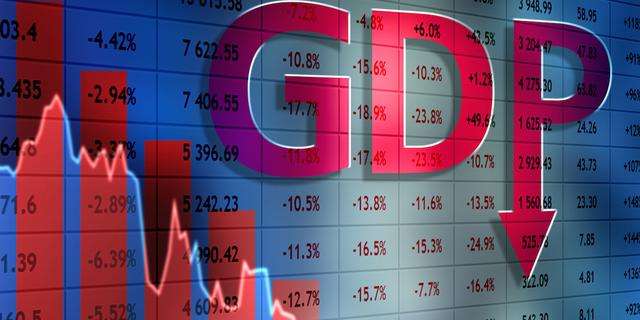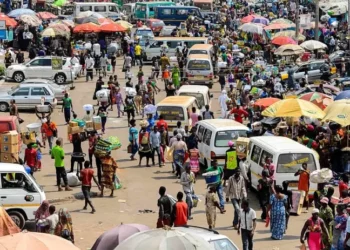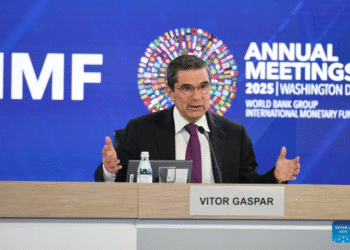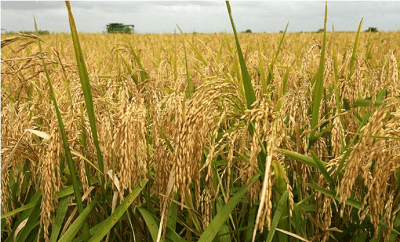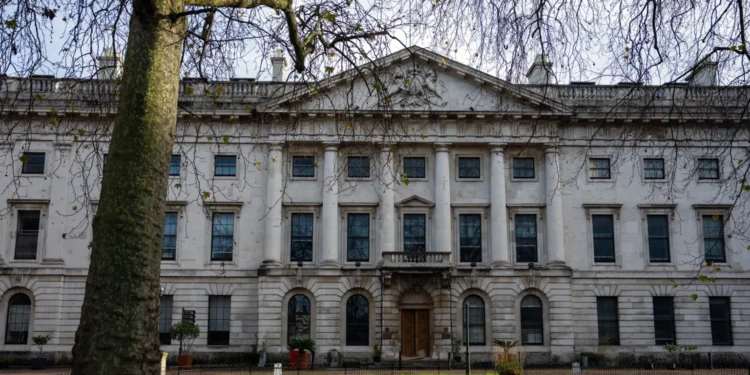Ken Ofori-Atta, the Finance Minister of Ghana during the presentation of the 2023 Mid-Year Budget Review on the floor of parliament, disclosed that Ghana’s overall real GDP growth declined from 5.1 percent in 2021 to 3.1 percent in 2022.
According to the Finance Minister, this was lower than the 3.5 percent projected for the year 2023. However, non-oil GDP growth declined over the period, recording a growth of 3.8percent compared to 6.6 percent recorded in 2021.
Ofori-Atta noted that due to the unfriendly economic environment the country currently finds itself, it has revised the non-oil real GDP growth to 1.5% from 3.0%.
Presenting the 2023 Mid-Year Budget Review in Parliament, the minister said “the downward revision in projected growth for 2023 is an indication of a broad slowdown in the three sectors of the economy as a result of factors such as the fiscal consolidation plan and difficult global conditions.”
“Mr. Speaker, overall GDP Growth is, however, projected to rebound to 2.8 percent, 4.7 percent, and 4.9 percent in 2024, 2025 and 2026, respectively. This is a result of implementation of growth-oriented and structural transformation strategies in the PC-PEG. We have, however, been charged in the PC-PEG to develop an enhanced Growth Strategy supported by crowding in of private domestic and foreign investments to further boost growth. We are confident of a private sector outlook to boost growth and jobs.”
Ken Ofori-Atta
End-Period Headline Inflation
The minister also revised the end-period headline inflation to 31.3% from the initial end of year inflation target of 18.9%.
Highlighting the performance of the macroeconomic indicators, the Minister of Finance noted that headline inflation accelerated consecutively from 13.9 percent in January to 29.8 percent in June 2022 and to a peak at 54.1 percent in December 2022 following the sharp currency depreciation and surge in commodity prices.
He noted that interest rates broadly trended upward across the spectrum of the yield curve, consistent with the tightening policy stance. The 91-day and 182-dayTreasury bill rates increased to 35.48 percent and 36.23 percent respectively, in December 2022, from 12.49 percent and 13.19 percent respectively, in the same period of 2021.
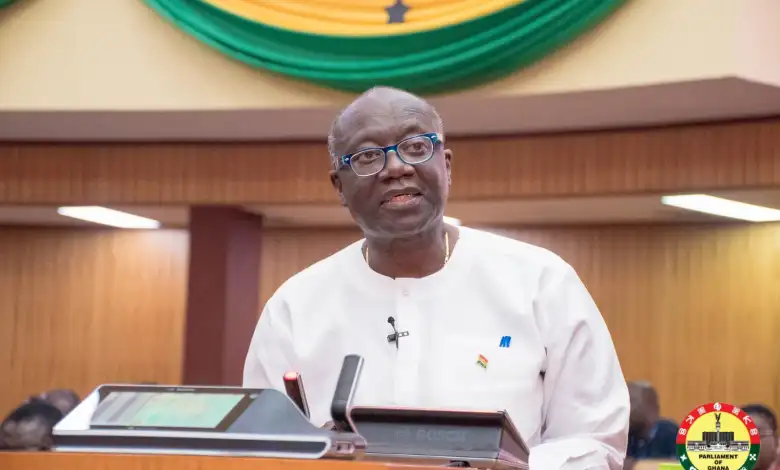
Ken Ofori-Atta indicated that cumulatively, the Ghana Cedi depreciated by 30.0 percent, 21.2 percent and 25.3 percent against the US dollar, the Pound Sterling and the Euro, respectively. This compared with an appreciation of 3.5 percent against the euro and a depreciation of 4.1 percent, and 3.1 percent against the US dollar and the pound respectively, in 2021.
Gross International Reserves declined by US$3,457.03 million to US$6,238.19 million equivalent to 2.7 months of import cover
Ofori-Atta noted that the government, sought to, among others, strengthen its fiscal consolidation programme which commenced in 2021. The objective was to gradually return to the Fiscal Responsibility Act thresholds of a fiscal deficit of no more than 5 percent of GDP and an annual positive Primary Balance at the close of 2024. The strategy included pursuing a strong revenue-led consolidation to complement expenditure rationalisation measures. However, owing to several factors, Government’s fiscal policy suffered major setbacks from both external and domestic shocks.
Meanwhile, Ofori-Atta disclosed that with the approval of Parliament, Government set out to achieve the following key macroeconomic targets for 2023: Overall Real GDP growth of 2.8 percent; Non-Oil Real GDP growth of 3.0 percent; End-December inflation rate of 18.9 percent; Overall budget deficit of 5.9 percent of GDP (on commitment) and 7.7percent on cash basis; Primary Balance (Commitment basis) of a surplus of 0.7 percent of GDP and deficit of 1.1 percent of GDP on cash basis; and Gross International Reserves to cover not less than 3.3 months of imports.



